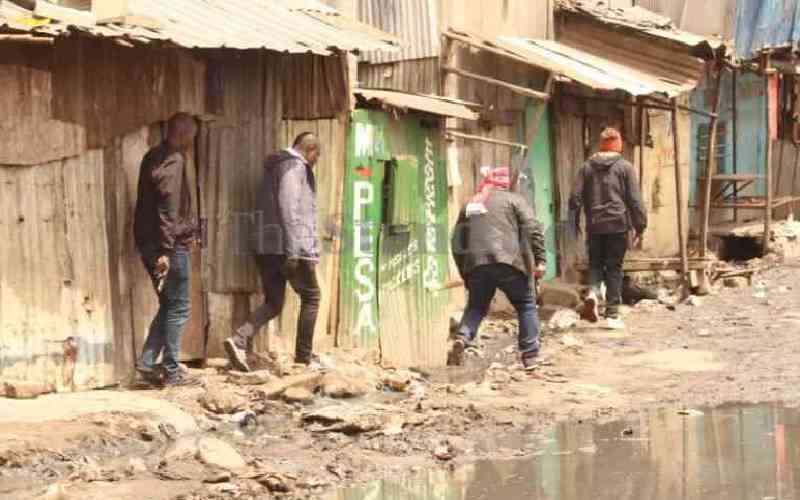×
The Standard e-Paper
Fearless, Trusted News

The first day of the three-day anti-government protests called by Azimio la Umoja last Wednesday seems to have rattled the Kenya Kwanza administration.
In Nairobi, Kisumu, Kisii, Migori and Nakuru, the protests turned ugly as protesters clashed with police, resulting in deaths, destruction of property and looting.